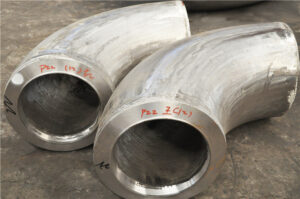
Pipeline compensators are essential components in pipeline systems, designed to address the challenges associated with thermal expansion, contraction, and mechanical stress. As pipelines transport fluids or gases over long distances, they are subjected to temperature variations, pressure fluctuations, and external forces. These factors can cause significant deformation and stress accumulation, potentially leading to pipeline failure if not properly managed. Pipeline compensators play a crucial role in mitigating these risks by providing flexibility and absorbing movements.
There are several types of pipeline compensators, each tailored to specific applications and operational conditions. The most common types include bellows compensators, spherical compensators, and sleeve compensators.
Bellows compensators are made of flexible, corrugated metal or rubber elements that can expand and contract axially. They are highly effective in absorbing axial, lateral, and angular displacements. Their compact design and ability to handle high pressures make them suitable for a wide range of industries, such as oil and gas, chemical processing, and power generation. However, they require careful installation and maintenance to prevent damage to the bellows.
Spherical compensators utilize a spherical joint to allow multidirectional movement. They can accommodate large angular displacements and are particularly useful in situations where pipelines need to change direction significantly. Their robust construction and ability to handle significant loads make them ideal for applications in water supply systems, district heating networks, and industrial plants.
Sleeve compensators consist of a sliding sleeve that moves within a casing. They are simple in design and can handle large axial movements. They are often used in heating and ventilation systems, as well as in industrial pipelines where space is limited and easy maintenance is required.
The selection of a pipeline compensator depends on various factors, including the type of fluid being transported, operating temperature and pressure, pipeline layout, and cost considerations. Proper installation and regular inspection are critical to ensure the compensator functions effectively and extends the service life of the pipeline system. In summary, pipeline compensators are indispensable for maintaining the integrity and reliability of pipeline systems, providing a flexible and efficient solution to manage the complex dynamics of fluid transport.
Submit your project requirements now and our material specialists will respond within 24 hours with tailored solutions.